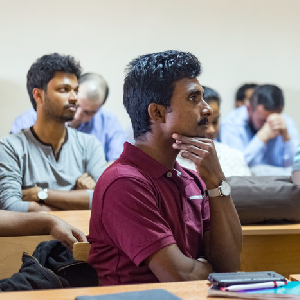In April two groups of specialists from Arthur C Clarke Institute for Modern Technologies (Sri Lanka) came to Samara National Research University for the internship. The correspondent agreements were achieved by the sides in March. The task of guests is to adopt the best practices of Samara University in projecting and creation of nanosatellites for further development of spacecraft in their homeland.
Arthur C Clarke Institute for Modern Technologies has the functions of Sri Lanka National Space Agency that is why during training at Samara University it is important for foreign specialists to get an idea about the amount of special knowledge necessary for development of advanced space technologies in their country.
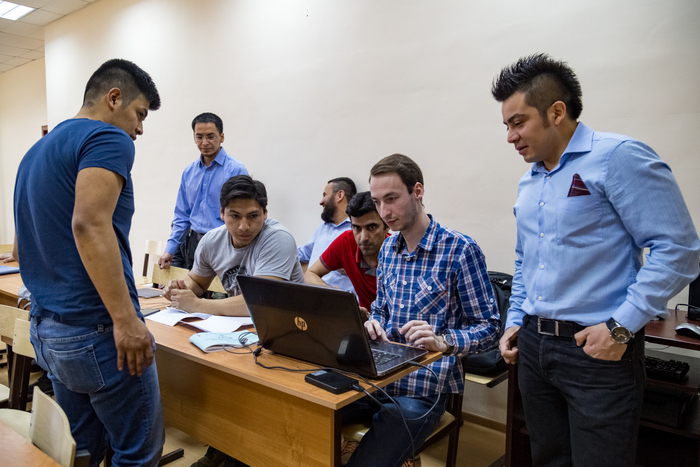
Since the beginning of April during the four-week internship at Samara University there are 11 specialists with the higher technical education, predominantly from the spheres of radio technology and IT. These are young adults who are going to become the core team whose purpose is to develop space technologies in Sri Lanka. On 17 April one more group of six people arrived at Samara with a two-week visit. The administration of Arthur C Clarke Institute for Modern Technologies and consulting professors from two Sri Lankian universities are in this group. The internship programme includes lectures in the sphere of space engineering, analysis of space missions, flight dynamics, space navigation and communications, technologies of projecting and construction of nanosatellites, their on-board system and pay load, development of on-board software. The guests are also getting acquainted with the basis of orbital injection of nanosatellites as additional pay loads.
“We are here to learn how to construct nanosatellites and to develop and launch small spacecraft in future. In the course of a month we are studying orbital mechanics, on-board computers, structure and construction of computer aided engineering system, computer telecommunications. The level of knowledge received at Samara University impresses. We hope that in future we are going to be able to realise everything that we are studying now in theory. And the practical classes in the laboratories of Samara University will help us,” young scientists from Sri Lanka shared their expectations from internship at university.
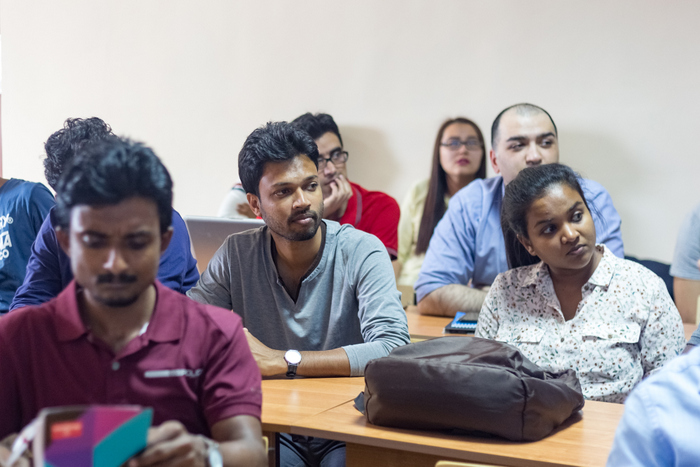
During the training they will try themselves in project activities on formation of nanosatellites aimed at problem solving in the interests of Sri Lanka.
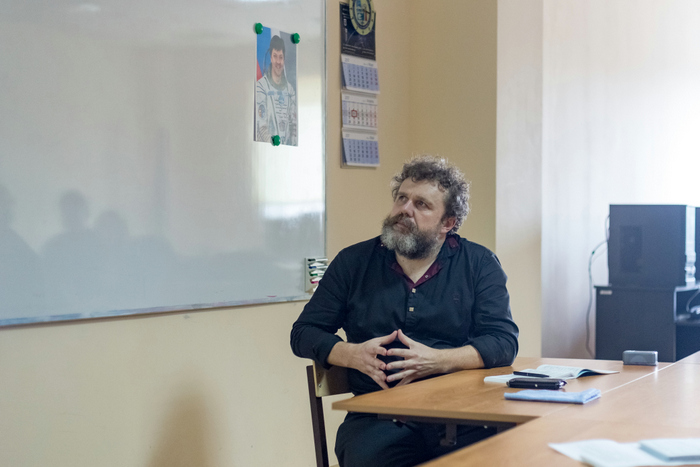
In the course of internship of both groups weekly round tables will take place for discussion of actual issues of astronautics. They will also attend micro-satellite operations control centres AIST-1 and nanosatellites, nanosatellite testing centre, geoinformation system centre, department of nanoengineering and laser and biochemical systems, Image Processing Systems Institute of RAS (IPSI RAS). They will meet representatives of Space and Rocket Centre “Progress”.
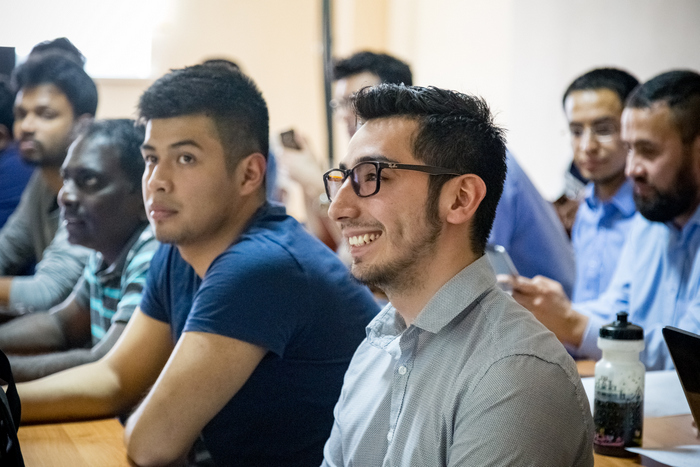
In the framework of the training programme young participants of the internship will be divided into two brigades with the aim of preliminary study of nanosatellite projects aimed at the solving of two actual problems for Sri Lanka: nanosatellite for automatic identification of sea-craft and nanosatellites for monitoring of tsunami threat.
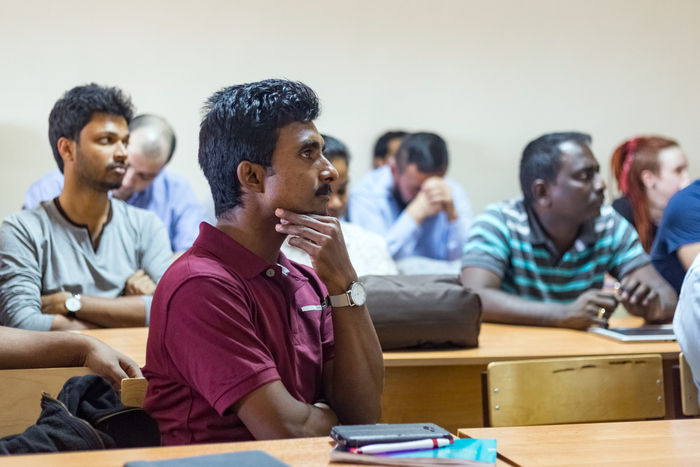
At the round table concluding the training both brigades will deliver reports in the presence of Arthur C Clarke Institute for Modern Technologies administration and our university experts.
“In March during the visit in our university the delegations of Sri Lanka it was emphasized several times that this is only the beginning of a long lasting collaboration. This is an unprecedented case when a foreign state has chosen for the training of national specialists in the sphere of space technology our university. This provides evidence of a high international ranking of Samara University. Recently one large Sri Lankian firm specialised in the organisation of training of young people abroad offered their services on formation of student groups for our university,” Head of Inter-University Department of Space Research of Samara University prof. Igor Belokonov said.
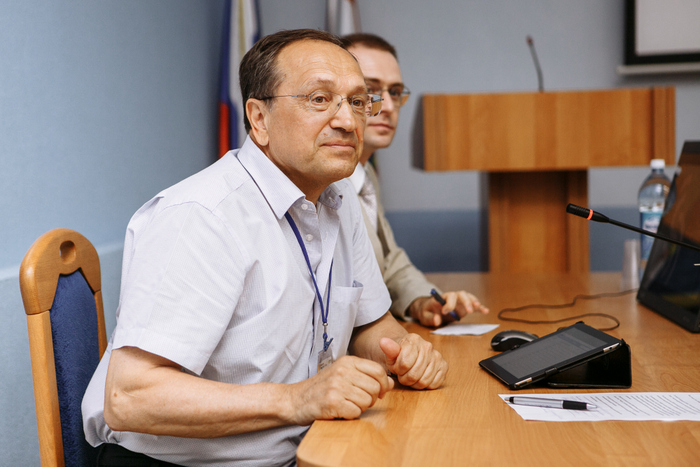
Perspectives of collaboration are not limited only by internship at Samara University. In the future it is possible to discuss the help of our university in the formation of “Road map” for development of space technologies in Sri Lanka. Such a dialogue can occur only in the close contact with the representatives of SSC “Roskosmos” with the involvement of representatives of RSC “Progress”. To ground this during the recent visit of minister of Science, Technology and Research of Sri Lanka Hon.Susil Premajayantha in Moscow a memorandum with SSC “Roskosmos” about mutual understanding in development of collaboration in the sphere of peaceful use of outer space was signed.
For reference
On March 26 Samara University was visited by the delegation from the Democratic Socialist Republic of Sri Lanka headed by Minister of Science, Technology and Research of this country Hon. Susil Premajayantha. The delegation also included representatives of Arthur C Clarke Institute for Modern Technologies (ACCIMT) - Eng. Sanath Panawennage and Prof. Kemal Deen.
In the framework of this visit a cooperation agreement was signed between Samara University and Arthur C Clarke Institute. By that time Sri Lanka has started to make its own space research programme and Arthur C Clarke Institute is facing the task to become the core of the future space agency of this country and form its national space programme
In the course of the meeting with Rector of Samara University Evgeniy Shakhmatov minister of Science, Technology and Research of Sri Lanka emphasized that the Republic holds a beneficial geographical position which favours the development of space technologies in the country and in this respect the country needs support of one of the leading aerospace universities of Russia - Samara University.
Apart from education and professional development of young scholars and engineers dealing with space technologies the agreement opens perspectives for collaboration of universities in the sphere of creation of small spacecraft, development of new technologies of receiving and processing of space information as well as a row of other directions which contribute to space research.
Director of Arthur C Clarke Institute for Modern Technologies Eng. Sanath Panawennage marked that Sri Lanka regards the opportunity to develop joint educational programmes and joint degrees with our university in the nearest future.
Photo: Natalia Orlova






